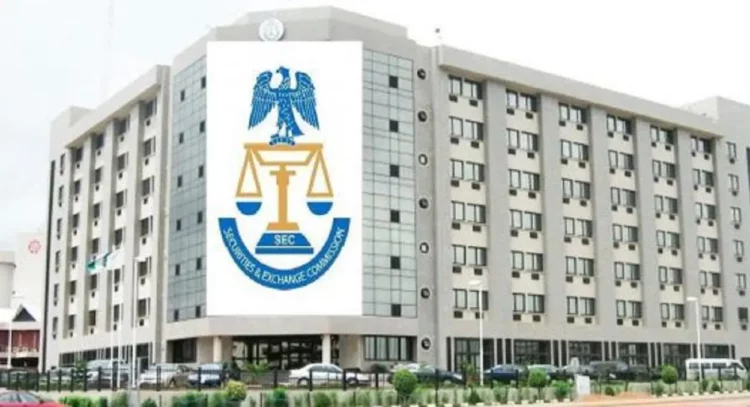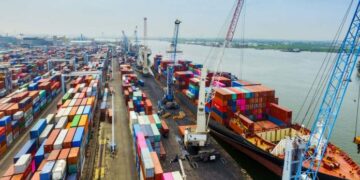The Securities and Exchange Commission (SEC), Nigeria, has stressed the need for the mobilisation of capital markets to bridge the colossal financing gap for climate adaptation in Africa.
The director-general of SEC, Dr Emomotimi Agama, said this while speaking on The Role of Capital Markets in Closing Financing Gaps for Climate Adaptation presented at the African Development Bank (AfDB) meeting.
He urged Project developers and private sector actors to present bankable, pipeline-ready projects with robust environmental and social metrics in a bid to closing financing gaps for climate adaptation.
Agama said that African capital markets could be achieved through market integration, aligning standards and adopting the International Sustainability Standards Board (ISSB).
“Closing the climate adaptation financing gap in Africa is not a distant aspiration but a development imperative, and one that demands our collective ingenuity and capital.
“By integrating our markets, aligning standards, adopting the ISSB framework, and mobilising institutional capital across borders, we can build a climate-resilient future for all Africans,” Agama said.
He noted that “Africa which contributes less than four per cent of global greenhouse gas emissions, bears over 25 per cent of climate-related losses.
“Experts estimate our continent faces an annual climate adaptation financing shortfall of up to $100 billion by 2030.
“The 2022 Africa Economic Outlook by the AfDB estimated that the continent needs around $500 billion of climate finance by 2030.
“Africa will also need to invest more than three trillion dollars in mitigation and adaptation by 2030 in order to implement its Nationally Determined Contributions.”
Agama added that the 2023 United Nations Environment Programme Adaptation Gap Report said Africa needs between $212 and $387 billion annually for developing countries’ adaptation by 2030.
Agama said in 2017, Nigeria launched its sovereign green bond, the first in sub-Saharan Africa. Within months, it was oversubscribed by 2.5 times, driven by Nigerian pension funds and diaspora investors seeking both yield and impact.
He said this demonstrated that local institutional capital can be mobilised for climate projects when the right instruments and confidence-building frameworks are in place.
SEC DG posited that the ISSB Standards serve as the game-changer as the experiences in Nigeria for example, are not only innovating climate finance products but also shaping global standards for sustainability disclosures.
To scale adaptation finance, the SEC DG urged deeper regional market integration, harmonised ESG standards, and deployment of tools like credit enhancements to de-risk early-stage climate investments.
“Closing the climate adaptation financing gap in Africa is not a distant aspiration but a development imperative, and one that demands our collective ingenuity and capital. The recent journey in Nigeria proves that it can be done. By integrating our markets, aligning standards, adopting the ISSB framework, and mobilising institutional capital across borders, we can build a climate-resilient future for all Africans.











